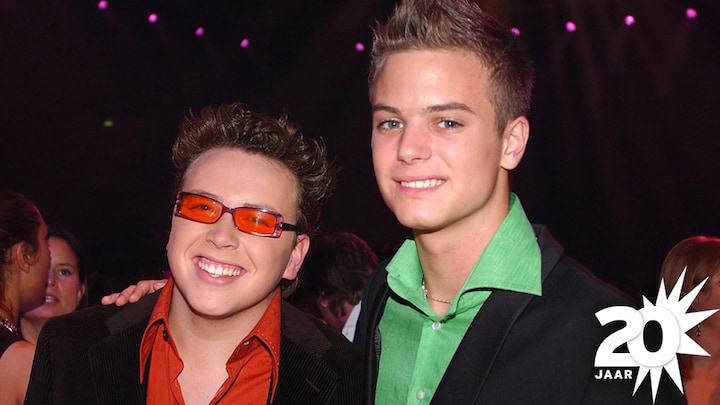Würzburg. The German Aerospace Society awards the Würzburg Professor Klaus Schilling the Eugen-Sänger-Medal for his outstanding research achievements in the development of small satellites.
AdUnit Mobile_Pos2
AdUnit Content_1
Klaus Schilling has headed the Chair of Computer Science VII (Robotics and Telematics) at the Julius Maximilians University of Würzburg (JMU) since 2003. He initiated the space courses at JMU and started a very successful program for the development of micro-satellites.
The advances in miniaturization technology enable ever smaller satellites. These already take up the majority of the satellites put into orbit. “It is expected that 90 percent of the satellites brought into space by 2030 will be small satellites under 500 kilograms,” says the JMU professor.
The short construction times enable rapid technological advances and thus lead to innovative applications. On the microcomputers on board. Building on his experience in the space industry, Schilling and students at the JMU developed the “University of Würzburg Experimental Satellite”, or UWE for short. These brought numerous technology breakthroughs for micro-satellites into orbit.
AdUnit Mobile_Pos3
AdUnit Content_2
Pioneering achievement
Today, the UWE satellites are considered a pioneering achievement: In 2005, UWE-1 was the first German pico satellite with a mass of less than one kilogram. UWE-1 served industry as a test laboratory for highly efficient solar cells. This technology is now established in space: Today it generates the energy on the majority of European satellites.
While the Internet in space was initially the focus of Schilling’s research at JMU, the fundamentals for self-organizing satellite formations were gradually researched and implemented over the course of 17 years. Now that small satellites are already an economic reality, Schilling’s research is now concentrating on swarms of interconnected satellites that can, for example, reliably avoid each other if collisions arise. For his special services to space science and space equipment, Schilling has now received the Eugen-Singer Medal 2020 from the German Aerospace Society (DGLR). That equates to an award for his life’s work.
“Right from the start, Professor Schilling recognized and promoted the importance of comprehensive technological cooperation in various fields of work such as computer science, automation, software development and robotics,” said DGLR President Professor Rolf Henke. Schilling is very happy about the medal, which is considered the most important German award in the space sector: “This recognition is a great incentive for our team to continue to work intensively on sophisticated space technology.” In the 55 years of its existence, it has only been awarded 26 international awards Space pioneers awarded. Previous recipients were the rocket builder Wernher von Braun or the astronauts Ernst Messerschmidt and Thomas Reiter (2017). With the support of the European Union, the European elite course “SpaceMaster – Master in Space Science and Technology” was introduced in 2005, in which six European partner universities cooperated for 13 years; the first semester took place for all students in Würzburg.
The influx of international applicants led to a further expansion of the space division to six professorships today and to new courses.
AdUnit Mobile_Pos4
AdUnit Content_3
Among other things, Schilling’s Würzburg team succeeded in deliberately changing the orbit of a small satellite for the first time. In 2018, the use of electric engines on a small satellite was demonstrated for the first time worldwide on UWE-4. This technology opens up new possibilities for the elimination of space debris, for collision avoidance or for extending the service life of satellites. In 2007, Schilling founded the non-university Würzburg research institute Zentrum für Telematik eV (ZfT), of which he is director. In 2020 he and his ZfT team succeeded in launching four NetSat miniature satellites the size of a shoebox into space with the aim of independently exchanging relevant data with one another.
Better climate predictions
In the next step, it is planned to use this technology basics of formation flight for new types of applications: In the CloudCT project, a formation of ten small satellites is to characterize the components of clouds using computed tomography methods in order to enable better climate predictions.
Schilling was able to finance the development of the control and self-organization approaches with two of the prestigious research awards of the European Research Council (ERC). For the CloudCT (Cloud Tomography by Satellites for Better Climate Predicition) mission, he and two Israeli colleagues received the highest European research award to date, an ERC Synergy Grant, with 14 million euros.
Klaus Schilling, born in Bayreuth in 1956, studied mathematics, physics and biology in Bayreuth and Munich. After completing his doctorate, he switched to the aerospace industry in 1985: at Dornier System, he headed the “Mission and System Analysis” group in the scientific satellites division.
Schilling then taught the fields of artificial intelligence, computer science and robotics in the technical informatics course at the Ravensburg-Weingarten University of Applied Sciences until he was appointed to the JMU.
– .


